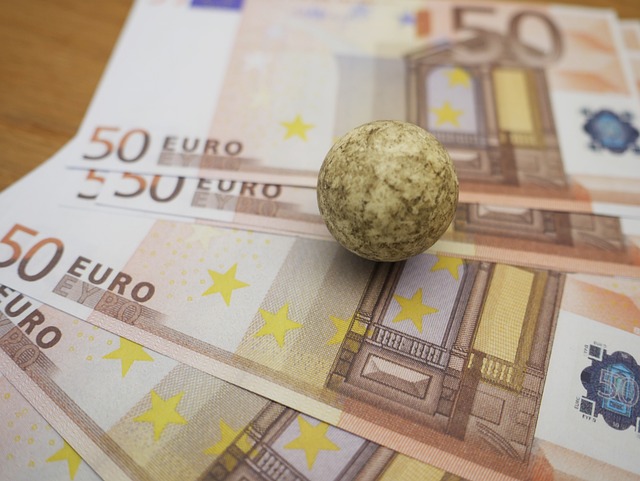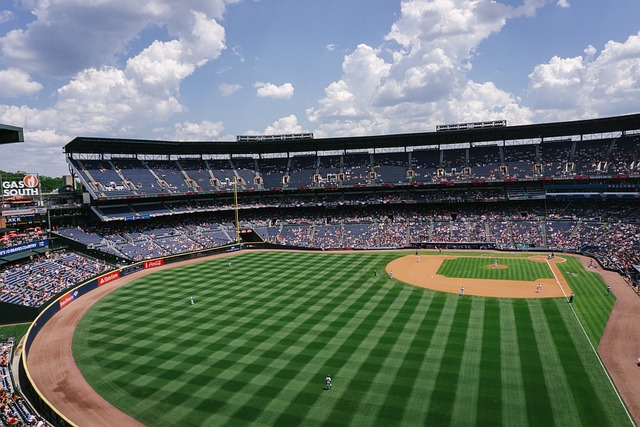Theater of fortune: plots and gambles in the Elizabethan era
October 11, 2023

In the golden age of Elizabethan theatre, the stages resonated with more than just jokes: they were arenas of cunning and chance, where passions for drama and gambling merged in a lively ballet of crossed destinies. While today casino offers a virtual stage for online betting, in the tumultuous 1600s, London’s theaters were theaters of royal fortune, pulsating with life.
The Globe Theatre: a crossroads of destinies and dice
Opened in 1599, Shakespeare’s Globe Theater was not only the beating heart of dramaturgy, but also a lively betting laboratory. Here, between the shadows and the spotlights, spectators did not simply observe passively; they placed bold bets on the success of the plays, on who would steal the scene, or even on how many lines an actor would forget under the weight of emotion. This prediction game added another layer of excitement to the theater experience, making each evening a living gamble.
Actors as bettors: the risk behind the scenes

But it wasn’t just the audience who indulged in the thrill of the game. Behind the curtain, Elizabethan actors were themselves daring players, gambling on their ability to capture the audience’s attention and admiration. It is said that there were frequent bets on the number of applause or the size of the audience gathered, with actors transforming each appearance into a silent duel with fate, trying to surpass not only their colleagues but also expectations themselves.
The poets’ challenge: duels of verses and bets
In addition to betting on the results of performances, there was another intriguing game within the walls of Elizabethan theaters: verse duels. Poets and playwrights, including Shakespeare himself, often engaged in poetic improvisation competitions, with audiences placing bets on the winner. These verbal clashes, full of wit and linguistic mastery, not only entertained the crowd but also offered a palpable demonstration of the artists’ creative abilities. These duels, in addition to being a form of entertainment, were a theater of intellectual wagering, where prestige was as much at stake as money.
Laws and limits: the attempt to tame chaos

As the popularity of the theater grew, the Elizabethan authorities began to view these entertainments with concern. In 1603, restrictive measures were introduced to try to curb gambling in theatres, seen as potential hotbeds of disorder and moral degradation. These laws aimed to impose limits on betting, limiting it to sums that were considered “modest”. However, bettors’ creativity and ingenuity often found new ways to get around the restrictions, perpetuating a cat-and-mouse game with the authorities.
The Elizabethan theatre, therefore, was much more than a place of high culture; it was a microcosm of life lived intensely, where every representation was intertwined with risk and uncertainty. The passions for dramaturgy and betting mixed in an intricate waltz of emotions, demonstrating that art and gaming can be two sides of the same coin, both capable of exploring and expressing the complex facets of the human soul.